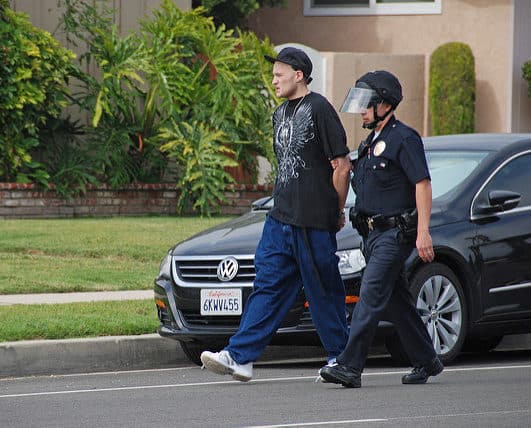In Texas, after a person is released from prison, he will be placed on parole. Parole constitutes continued court supervision of the released prisoner for a certain period of time. As part of his parole, he will need to obey the laws of the state, laws of the federal government and any rules a parole officer applies. Additionally, the judge may have placed further restrictions and guidelines on the defendant at sentencing that must be obeyed.
A parole officer will monitor the person’s progress. If the person violates the rules and restrictions placed upon him, the parole officer will initiate a parole revocation. A “blue warrant” refers to this parole revocation. When a parole officer begins a parole revocation, the traditional color for the file jacket is blue. Hence, the term “blue warrant.”
Application of a “Blue Warrant”
A parole officer may initiate a blue warrant for a number of reasons. Any of the following reasons may cause a blue warrant to be issued:
- Committing another crime
- Carrying a gun
- Not appearing for scheduled visits with the parole officer
- Drug use
- Absconding from the state
- Failing to find employment
- Failing to obtain a GED
Once a blue warrant has been issued, the parolee will be entitled to a revocation hearing. However, he will not be entitled to receive bail. At the hearing, a parolee will be able to have legal representation as well as to bring his own witnesses and cross-examine the prosecution’s witnesses.
Significance of the Law
If a parolee faces revocation, he may be returned to prison to serve the remaining length of time on his sentence. This length of time may be as high as the maximum time allowed by law. The other possibilities at a parole revocation include reinstatement to parole, housing in a halfway house and changes to the parole terms.
A judge will decide what will be the ultimate outcome of the parole revocation. Parolees who commit serious crimes will most likely be forced to serve the remainder of their sentence, because they will be considered a danger to society. Additionally, inmates who should not have been granted parole in the first place or are considered flight risks will face a revocation of parole.
To discuss the possible application of a blue warrant, contact The Law Office of Matthew D. Sharp for a free consultation at 713-868-6100.





